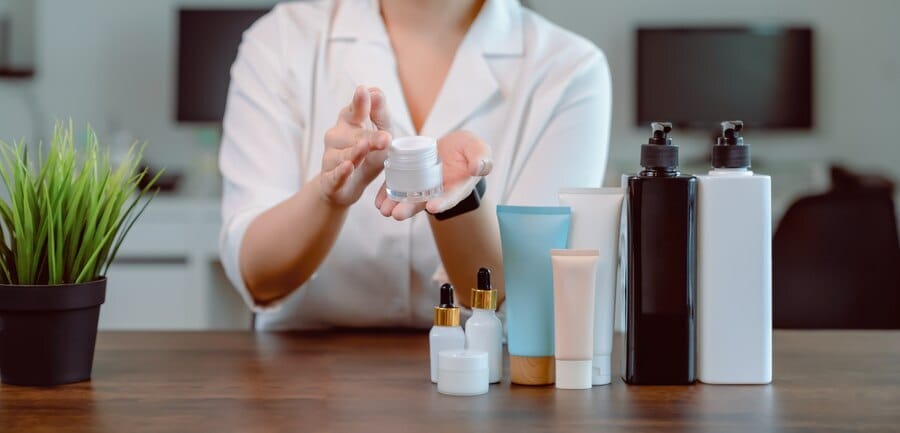When it comes to skincare, the options can be overwhelming. Between body serums, lotions, and creams, it’s easy to get lost in the sea of products available. But what sets these skincare staples apart from one another? While they may seem similar, body serums, lotions, and creams have unique properties that cater to different skin needs. Understanding the distinctions between them can transform your skincare routine.
What Are Body Serums?
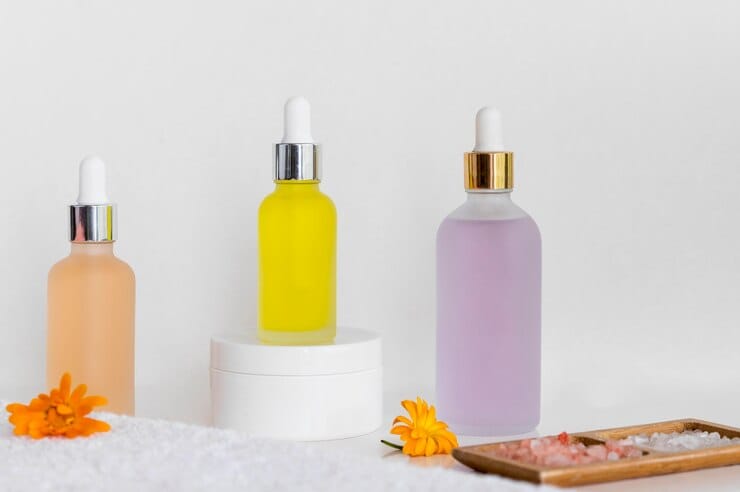
Body serums are lightweight, fast-absorbing liquids that deliver potent active ingredients deep into the skin. Unlike lotions and creams, which primarily focus on hydration, serums target specific skin concerns like aging, pigmentation, or dullness. Formulated with a high concentration of active ingredients, body serums are designed to penetrate the skin quickly and deliver results more effectively.
Common ingredients in body serums include hyaluronic acid for hydration, retinol for anti-aging, and vitamin C for brightening. These active compounds work in synergy to improve the skin’s texture, tone, and overall appearance. Serums are typically used after cleansing and before moisturizing, ensuring that their benefits reach the deeper layers of the skin.
What Are Body Lotions?
Body lotions are light, water-based formulations primarily aimed at keeping the skin hydrated. They have a thinner consistency compared to creams and are easily absorbed by the skin, making them ideal for daily use. Lotions are perfect for those who don’t need intense hydration but still want to maintain smooth, supple skin.
Typical ingredients in body lotions include humectants like glycerin and aloe vera, which draw moisture to the skin, and emollients such as shea butter, which help seal in that moisture. Lotions are perfect for normal to slightly dry skin and are often used in warmer climates when the skin doesn’t require deep hydration.
What Are Body Creams?
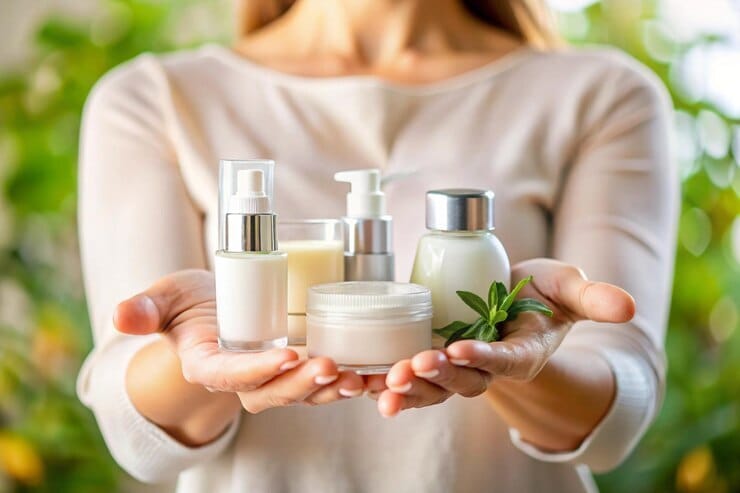
Body creams are thicker and richer than lotions, making them more suitable for people with dry or flaky skin. Creams have a higher concentration of oil compared to lotions, which helps to lock in moisture and provide long-lasting hydration. Because of their dense consistency, they take longer to absorb into the skin but offer more intense nourishment.
Creams are often used in colder months or for people with extremely dry skin. They provide a protective layer over the skin, which helps to prevent moisture loss, making them ideal for nighttime use or after exposure to harsh environmental conditions.
How Are Body Serums, Lotions, and Creams Different?
The primary differences between body serums, lotions, and creams lie in their texture, absorption, and purpose.
- Texture and Consistency: Serums are lightweight and fluid, while lotions have a more watery texture, and creams are thick and rich.
- Hydration vs. Treatment: Lotions and creams focus on hydration, with lotions being lighter and creams providing deeper moisturization. Serums, on the other hand, target specific skin issues such as wrinkles or dark spots.
- Application: Serums are usually applied before lotions or creams to allow their active ingredients to penetrate deeply. Lotions are great for daily use, while creams are ideal for more intense hydration needs.
Ingredients Comparison
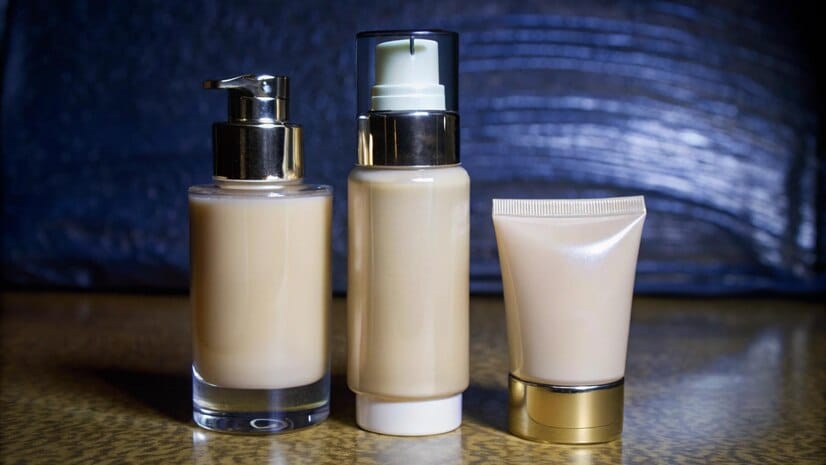
- Serums: high concentration of actives like retinol, peptides, and antioxidants.
- Lotions: humectants like glycerin and aloe, and emollients like shea butter.
- Creams: Rich oils like cocoa butter and essential fatty acids for intense moisture retention.
Which Product Is Right for You?
Choosing between a body serum, lotion, or cream depends on your skin type and needs.
- Oily or combination skin: opt for lightweight serums or lotions.
- Dry or mature skin: A thicker cream will provide the moisture and nourishment your skin craves.
- Seasonal Changes: Use lotions in warmer months and switch to creams in colder weather for extra protection.
Body serums for targeted treatment
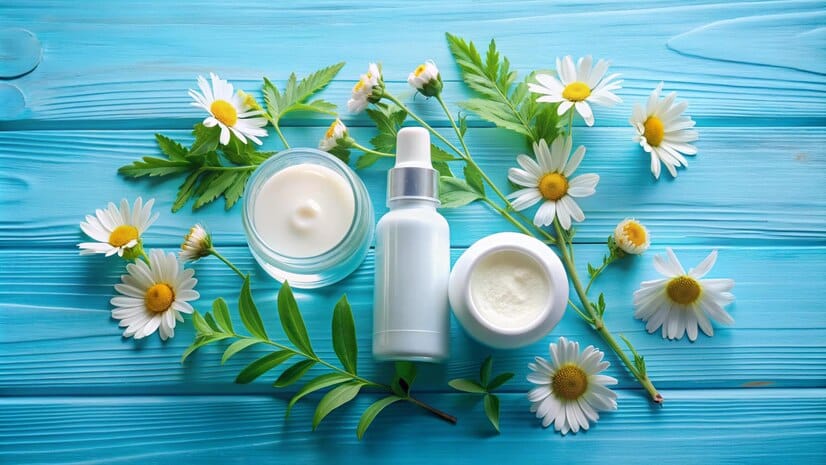
Body serums are particularly beneficial for targeting skin concerns like uneven texture, loss of firmness, or hyperpigmentation. Because they penetrate deeply, serums work faster and more effectively than lotions or creams. If you’re dealing with specific issues like sun damage or premature aging, a serum can be a game-changer.
Body Lotions for Daily Moisturization
Lotions are excellent for everyday hydration, especially if you live in a humid climate or have normal skin. They’re quick to apply, easy to absorb, and won’t leave a greasy residue. If you just want to keep your skin soft and smooth, a good body lotion is all you need.
Body Creams for Intensive Care
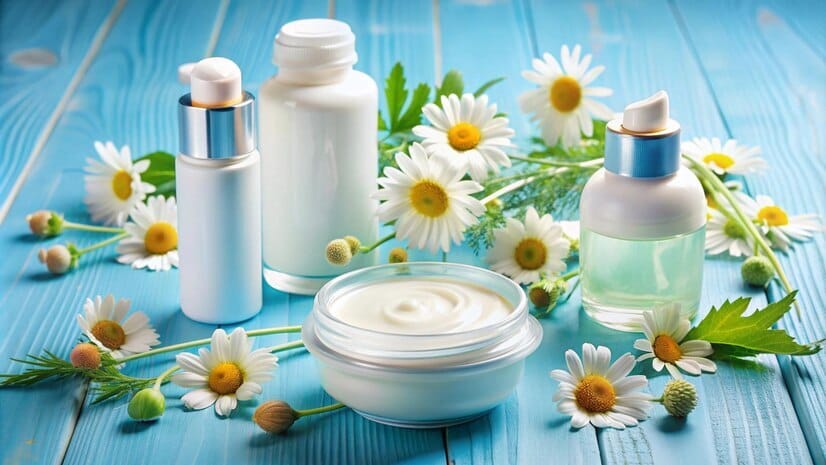
Body creams are your go-to for deep hydration, especially if your skin tends to be dry or flaky. They provide a heavier, more nourishing barrier to keep your skin moisturized for hours. Creams are best for nighttime use or whenever your skin needs some extra love.
Layering Skincare Products
You can combine serums, lotions, and creams in your skincare routine for maximum results. Start with a serum to address specific concerns, then apply a lotion or cream to lock in moisture. Make sure to allow each layer to absorb before applying the next to avoid pilling or product buildup.
Common Misconceptions About Body Serums, Lotions, and Creams

- MythSerums are only for the face.
RealityBody serums are designed to work on the skin all over your body. - MythLotions and creams do the same thing.
RealityLotions provide lighter hydration, while creams offer more intense nourishment.
Best Practices for Applying Body Serums, Lotions, and Creams
- Apply on damp skin. This helps lock in moisture.
- Use in moderation: A little goes a long way, especially with serums and creams.
- Massage into the skin: This improves absorption and circulation.
How to Choose High-Quality Products
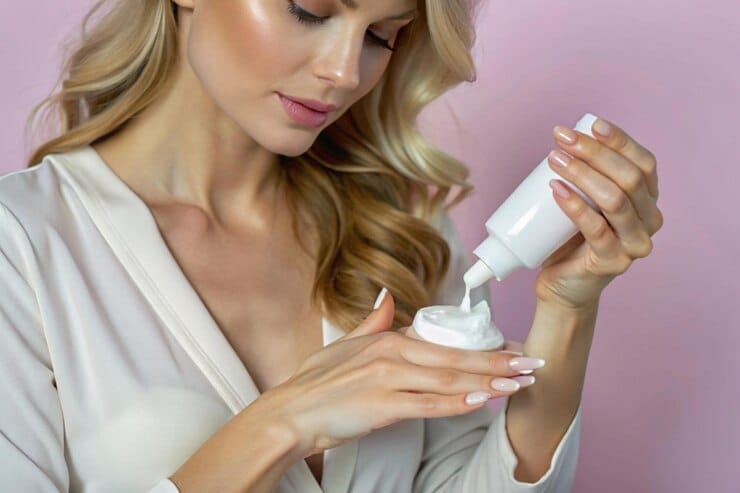
Look for products with natural, skin-friendly ingredients, free from harsh chemicals or synthetic fragrances. Research reputable brands and check reviews to ensure you’re getting quality skincare.
Conclusion
Understanding the differences between body serums, lotions, and creams can help you tailor your skincare routine to your unique needs. Each product has its own strengths, whether you’re looking for intense hydration or targeted treatment. By choosing the right product for your skin type and concerns, you can maintain healthy, glowing skin all year long.
FAQs
Can I use body serums and lotions together?
Yes, serums can be applied before lotions for a combined effect.
Are body serums better than lotions for dry skin?
Serums target specific concerns, but creams or lotions are better for overall moisture.
How often should I use a body serum?
Body serums can be used daily or a few times a week, depending on the ingredients.
Can body creams clog pores?
Creams can clog pores if they’re too rich for your skin type, so choose non-comedogenic options.
Is there a difference in cost between serums, lotions, and creams?
Serums tend to be more expensive due to their concentrated active ingredients, while lotions and creams are generally more affordable.

